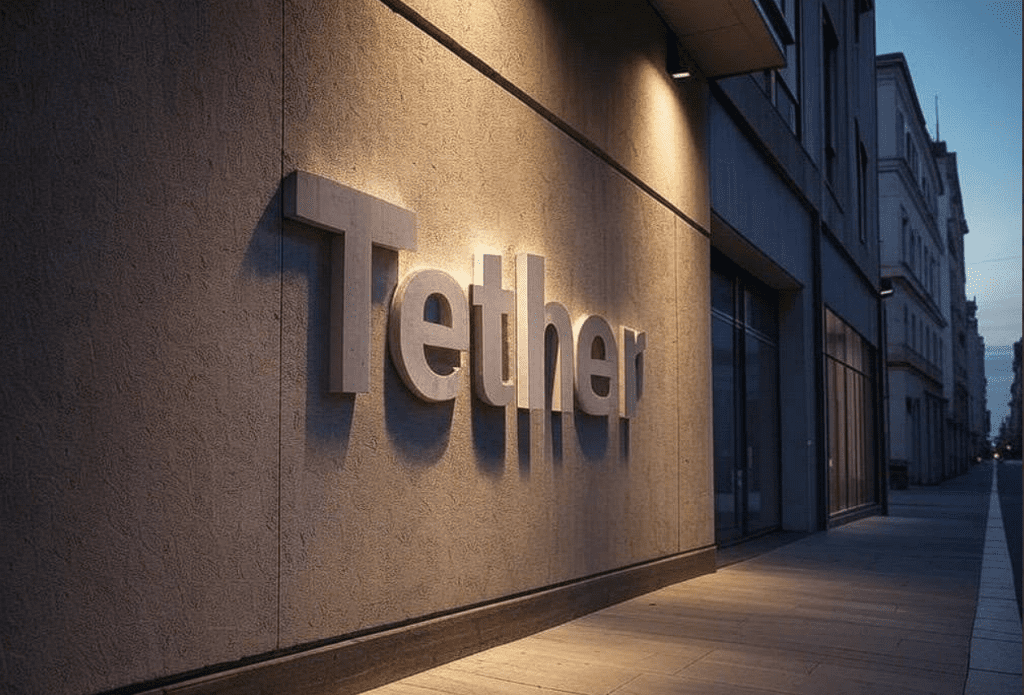If You Like Eli Lilly, Then You'll Love This Little-Known Specialty Manufacturing Stock

Mark Twain is rumored to have said: "During the gold rush, it's a good time to be in the pick and shovel business."
Whether he did in fact say these words or not isn't really all that important. The bigger idea here is that there tend to be less obvious ways to profit from situations whenever a hot new product hits the shelves.
A great example of this is found in the pharmaceutical industry. Over the last couple of years, glucagon-like peptide 1 (GLP-1) agonists such as Mounjaro and Zepbound have revolutionized the way care is provided to diabetes and obesity patients. Eli Lilly is the manufacturer of these blockbuster drugs, and investors have sent the stock soaring over the last two years.
However, the investment opportunity surrounding the GLP-1 realm goes much deeper than pharma stocks. One company that is benefiting big time from rising demand for GLP-1 drugs is Jacobs Solutions (NYSE: J).
Let's break down what Jacobs Solutions does, and explore why now looks like a lucrative opportunity to scoop up some shares.
What does Jacobs Solutions do?
Jacobs Solutions is in the construction business, but not in the way you might think. Instead of building houses, Jacobs specializes in extremely sophisticated and time-consuming infrastructure projects, such as data centers, spacecraft, city planning, and life sciences facilities.
Some of the company's customers include NASA, Procter & Gamble, and Bristol Myers Squibb.
What makes Jacobs Solutions so unique?
During a recent interview with CNBC's Jim Cramer, Jacobs' CEO Bob Pragada shared a really interesting perspective on how the company is playing a key role in the future of GLP-1 development working alongside Lilly.
Big news! 📺🚨
CEO Bob Pragada stopped by @CNBC to discuss end-to-end lifecycle solutions in consulting & advisory across infrastructure, advanced facilities, life sciences, water & more.
Watch here ➡️ https://t.co/AFXnQ0LgB0
-- Jacobs (@JacobsConnects) Aug. 16, 2024
There are a couple of important ideas to unpack from the video shared above.
Pragada explains just how complicated Lilly's GLP-1 facilities are. He makes it clear that these projects are not simply up for grabs and available for a variety of builders to bid on. Since competition is extremely limited and the need for Jacobs' expertise is high, the company is in a good position to command pricing power for its services.
Given these dynamics, I'd argue that Jacobs has built a relative competitive moat. Furthermore, the subtle opportunity with Jacobs is that the company tends to win repeat business from its customers during expansion phases.
As Cramer alludes, it's entirely possible for Lilly to build additional factories in Asia and Europe should demand for its GLP-1 medications warrant the investment. If this happens, Jacobs looks well-positioned to win this business in the future and be a tangential beneficiary of various themes fueling its customers.
Why now looks like a great opportunity to buy Jacobs Solutions stock
I see a few reasons to buy Jacobs stock right now.
First, the company recently announced that it is spinning off its Critical Mission Solutions (CMS) business, as well as segments of its Divergent Solutions business -- specifically the Cyber & Intelligence business.
Pragada notes that divesting these non-core assets will help make Jacobs "a more focused, higher-margin company more closely aligned with key global mega trends."
I find these remarks encouraging and see the spin-off as a sign that Jacobs understands where its growth is coming from, and where the company wants to continue investing.
According to JP Morgan, the total addressable market (TAM) for GLP-1 treatments could reach $100 billion by 2030 just in the U.S.
To me, these forecasts imply that GLP-1 demand will be here for quite some time. Therefore, I am bullish that Lilly will need to continue investing in infrastructure in order to meet supply and demand capacities. For these reasons, I think Jacobs' relationship with Lilly could be transformative.
Outside of the weight loss space, Jacobs is also playing a quiet role in various areas of artificial intelligence (AI), including data centers and electric vehicle production.
As of the time of this article, Jacobs trades at a forward price-to-earnings (P/E) multiple of 16.1. In comparison, the forward P/E of the S&P 500 is around 21.7.
The company's discounted valuation relative to the broader market could suggest that investors are overlooking Jacobs Solutions. While the company itself may not be selling breakthrough medications or AI software, these opportunities still represent major bellwethers for Jacobs as it helps leading players in the background.
The long-run secular tailwinds fueling many of the markets in which Jacobs operates, combined with the company's competitive edge and reasonable valuation, make it a compelling investment opportunity in my eyes.
Should you invest $1,000 in Jacobs Solutions right now?
Before you buy stock in Jacobs Solutions, consider this:
The Motley Fool Stock Advisor analyst team just identified what they believe are the 10 best stocks for investors to buy now… and Jacobs Solutions wasn’t one of them. The 10 stocks that made the cut could produce monster returns in the coming years.
Consider when Nvidia made this list on April 15, 2005... if you invested $1,000 at the time of our recommendation, you’d have $792,725!*
Stock Advisor provides investors with an easy-to-follow blueprint for success, including guidance on building a portfolio, regular updates from analysts, and two new stock picks each month. The Stock Advisor service has more than quadrupled the return of S&P 500 since 2002*.
*Stock Advisor returns as of August 22, 2024
JPMorgan Chase is an advertising partner of The Ascent, a Motley Fool company. Adam Spatacco has positions in Eli Lilly. The Motley Fool has positions in and recommends Bristol Myers Squibb and JPMorgan Chase. The Motley Fool has a disclosure policy.
If You Like Eli Lilly, Then You'll Love This Little-Known Specialty Manufacturing Stock was originally published by The Motley Fool
Breaking news
See all






